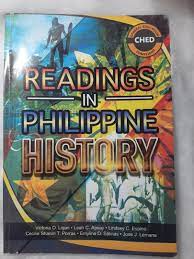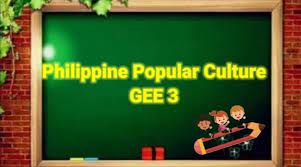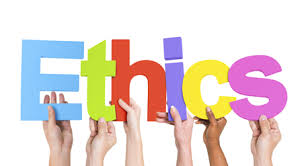This course is designed to as an introduction to the different perspectives in the study of gender and sexuality Throughout this course, we will approach gender and sexuality as socially, anthropologically, biologically and psychologically contingent concepts. The rigidity of gender binaries , notions of gender difference, and how gender identity is formed through processes of socialization and social control will also be discussed. The students will be introduced to relevant theories of gender and sexuality and will be ask to apply these theories to a range of contemporary issues that are relevant to our local contexts as well as a broader international context.

Philippine History viewed from the lens of selected primary sources in different periods, analysis, and interpretations. The course aims to expose students to different facets of Philippine history through the lens of eyewitnesses. Rather than rely on secondary materials such as textbooks, which is the usual approach in teaching Philippine history, different types of primary sources will be used -written (qualitative and quantitative), oral, visual, audio-visual, digital – covering various aspects of Philippine life (political, economic, social, and cultural). Students are expected to analyze the selected readings contextually and in terms of content (stated and implied). The end goal is to enable students to understand and appreciate our rich past by deriving insights from those who were actually present at the time of the event.

Guided by the Vision and Mission of the University, the course deals with Rizal’s philosophy, ideals of freedom and nationalism for which our hero lived and died. It likewise deals with the influences of Rizal towards 1896 revolution and the different perceptions that people have upon the national hero. The course aims at promoting critical view of the social order in which he lived, through an analysis of his works and letters, his opinions on liberalism, government, religion, education, as well as his philosophy of living and the relevance of these ideas to the Contemporary Philippine Society.

This Course introduces students to the contemporary world by examining the multifaceted phenomenon of globalization. ... Beyond exposing the student to the world outside the Philippines, it seeks to inculcate a sense of global citizenship and global ethical responsibility.

- Teacher: HAIDE DILAO SECRETARIO
This course provides the students with critical perspectives in understanding and way of knowing popular culture in the Philippines. The course gives emphasis on popular culture through the study of Cultural Studies with a strong focus on culture industry; provides multi-disciplinal attention on how art can be explored in popular culture and vice versa. This will take place by having an introductory survey on aesthetics, critical theory and art criticism. This subject will provide students with the necessary tools of analysis on exploring the diverse forms of arts by utilizing the everyday contexts of power, mode of production, representations and subjectivity as critical tropes. Pop Culture will be fleshed out through mixed media culture such as visual culture, geography, cinema, music/sound, popular prints and publications, radio and television, fashion, ads, cyberspace, experience, economy etc. and look at how these cultural products intimate the contemporary social relations and life—specifically, the affect, feelings and senses, corporeality, performances, space and place, technology, globalization and identities.

Ethics deals with principles of ethical behavior in modern society at the level of the person, society and in interaction with the environment and other shared resources. Morality pertains to the standards of right and wrong that an individual originally picks up from the community. The course discusses the context and the principles of ethical behavior in the modern society at the level of individual, society, and interaction with the environment and other shared resources . The course also teaches students to make decisions by using dominant moral frameworks and by applying a seven – step moral reasoning model to analyze and solve moral dilemmas.
The course is organized according to the three main elements of the moral experience: (a.)agent, including context – cultural, communal, and environmental; (b). the act, and (c.) the reason.

- Teacher: Estrellita Bituin
- Teacher: BERNADETTE MORTERA